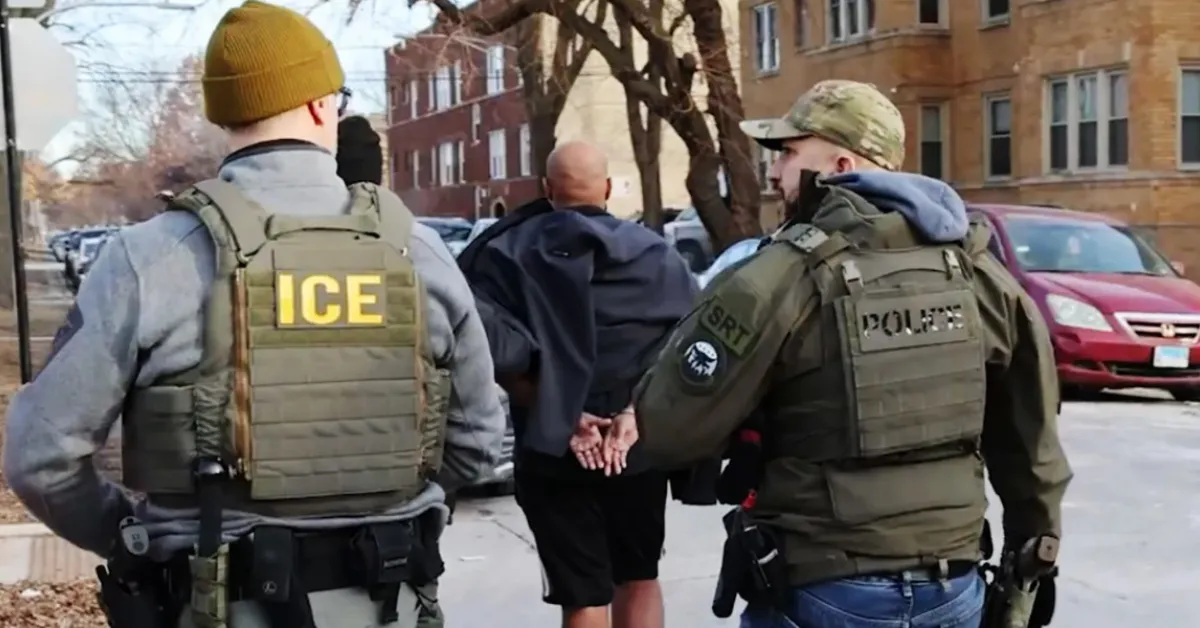California Resident Faces Deportation Despite Valid Birth Certificate

A recent case in California, involving a US-born citizen facing deportation, has ignited a renewed debate over the effectiveness and fairness of the nation’s immigration enforcement system.
The incident, where a man's citizenship was seemingly disregarded, underscores deep-seated issues within the system, raising critical questions about due process and the potential for wrongful deportations. According to available records, the individual in question had a deportation order issued against him by immigration authorities, despite possessing a US birth certificate. This document unequivocally establishes his American citizenship.
This incident is not an isolated occurrence. It is part of a troubling pattern of cases where US citizens have been wrongly detained or deported due to errors within the immigration system. One such case occurred in 2007, when Pedro Guzman, a US citizen born in Lancaster, California, was deported to Mexico. Despite his citizenship, he spent nearly three months stranded in Mexico before the error was rectified.
Another instance involved Mark Lyttle, born in North Carolina, who was wrongfully deported to Mexico in 2008. His case garnered significant attention due to his mental health challenges, which compounded the hardships of his unjust ordeal. Lyttle's journey to return to the US spanned several months and involved immense difficulty. These cases serve as stark reminders of the devastating impacts of immigration enforcement errors on US citizens.
They highlight a troubling reliance on flawed databases and insufficient verification processes that have jeopardised the rights of those who should be unequivocally protected under US law. The core issue lies within a flawed verification system. Immigration authorities, such as US Immigration and Customs Enforcement (ICE), often rely on outdated or incomplete data when making determinations about an individual's status. Such reliance can result in errors with life-altering consequences.
Moreover, these systemic lapses disproportionately affect marginalised communities, raising serious concerns about racial profiling and bias within the immigration enforcement process. A lack of procedural safeguards also exacerbates the problem. Many individuals detained by ICE are not afforded adequate opportunities to establish their citizenship before action is taken. Without proper legal oversight, these procedural shortcomings make it all too easy for errors to escalate into wrongful deportations.
The courts have played a crucial role in addressing some of these miscarriages of justice, although the legal battles have yielded mixed results. The case of Gonzalez v. ICE stands as a notable example. In this case, a US citizen detained due to a clerical error successfully argued that immigration authorities had failed to verify his citizenship before detaining him.














Add new comment